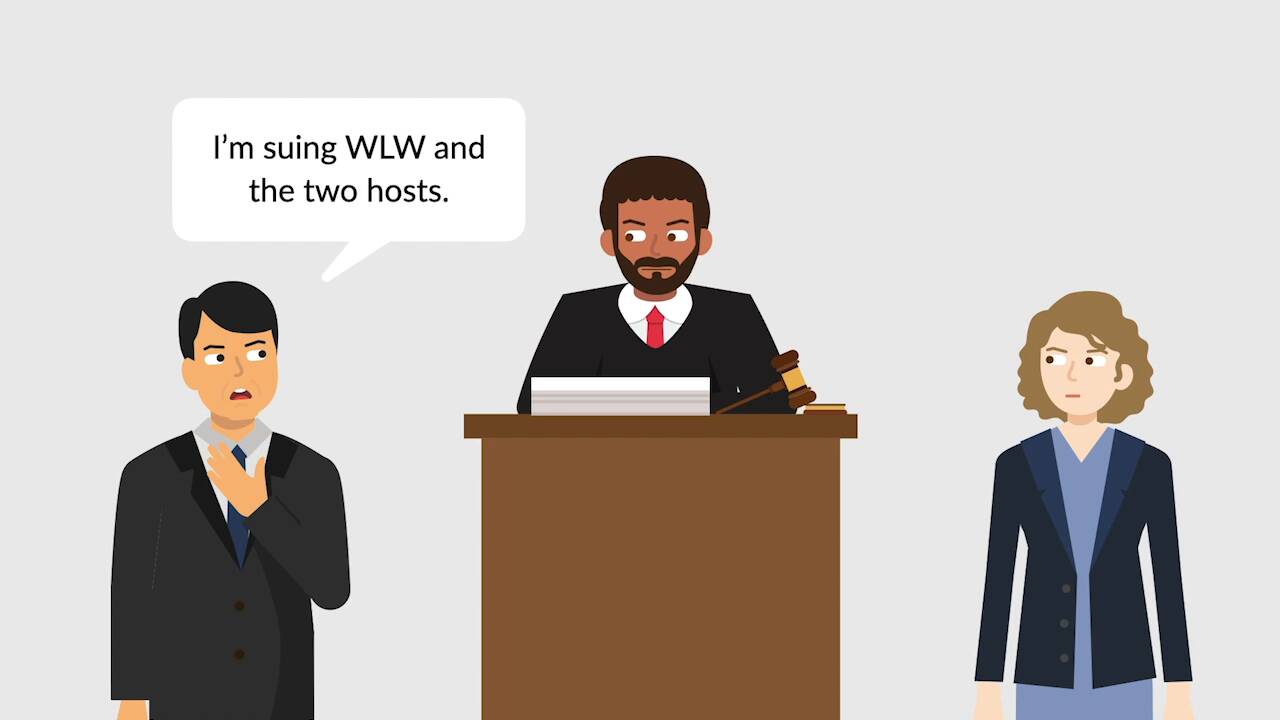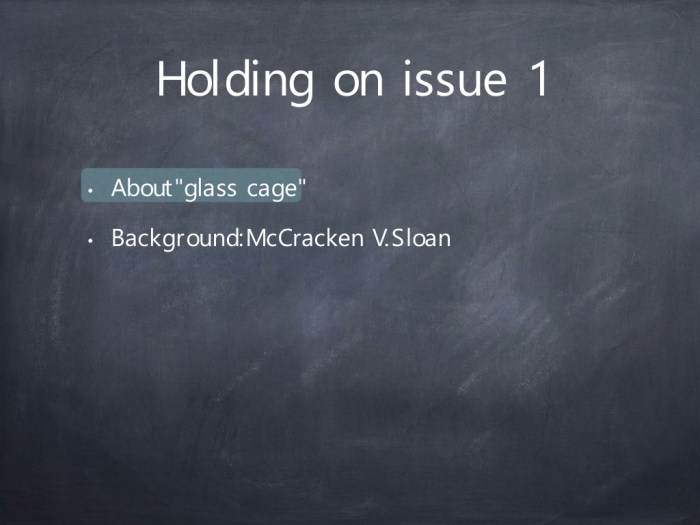Leichtman v wlw jacor communications inc – Leichtman v. WLW Jacor Communications Inc. stands as a pivotal case that has indelibly shaped the legal landscape surrounding defamation and media liability. This seminal decision has established enduring legal principles that continue to govern the delicate balance between freedom of speech and the right to reputation within the media industry.
The Leichtman case has had a profound impact on the interpretation of First Amendment rights in defamation cases, setting forth a framework for balancing the public’s right to know with the protection of individual reputations. It has also clarified the standards and elements necessary to prove defamation, influencing the assessment of damages in such lawsuits.
Legal Precedent and Impact

The Leichtman v. WLW Jacor Communications Inc. case established significant legal principles that have shaped the media landscape and defamation law. It clarified the First Amendment protections afforded to media outlets and the balancing test between freedom of speech and the right to reputation.
The case highlighted the importance of due diligence in media reporting to mitigate liability and emphasized the ethical considerations involved in defamation.
First Amendment Considerations
The Leichtman case reinforced the First Amendment’s protection of media outlets in their reporting. It recognized the vital role of a free press in a democratic society and established a balancing test to weigh freedom of speech against the right to reputation.
The court held that media outlets enjoy qualified immunity from defamation claims if they report on matters of public interest and act with reasonable care in verifying the accuracy of their information.
Defamation Standards and Elements
The case clarified the elements of a defamation claim: falsity, publication, damages, and fault. It emphasized the need for plaintiffs to prove that the alleged defamatory statement was false and that the media outlet acted negligently or with actual malice.
The court held that media outlets are not liable for defamation if they can prove that the statement was substantially true or that they acted with reasonable care in verifying its accuracy.
Media Liability and Due Diligence, Leichtman v wlw jacor communications inc
Leichtman v. WLW Jacor Communications Inc. highlighted the importance of due diligence in media reporting to prevent defamation. It established that media outlets have a legal responsibility to investigate and verify the accuracy of their information before publishing it.
The court held that media outlets must exercise reasonable care to avoid publishing false or misleading information and that failure to do so may result in liability.
Damages and Remedies
The case clarified the types of damages that can be awarded in defamation cases, including compensatory, punitive, and nominal damages. It emphasized the need for courts to consider the severity of the defamation, the harm caused to the plaintiff, and the defendant’s conduct in determining the appropriate remedy.
The court held that punitive damages may be awarded in cases where the defendant acted with actual malice or reckless disregard for the truth.
Ethical and Social Implications
Leichtman v. WLW Jacor Communications Inc. raised important ethical and social considerations related to media reporting and defamation. It emphasized the need for media outlets to balance the public’s right to know with the protection of individual reputations.
The case highlighted the potential harm that defamation can cause to individuals and institutions and the importance of responsible and ethical journalism.
General Inquiries: Leichtman V Wlw Jacor Communications Inc
What is the significance of the Leichtman case?
Leichtman v. WLW Jacor Communications Inc. established important legal principles that govern defamation and media liability, balancing freedom of speech with the right to reputation.
How did the case impact First Amendment protections for media outlets?
The Leichtman case clarified the interpretation of First Amendment rights in defamation cases, providing a framework for balancing the public’s right to know with the protection of individual reputations.
What are the key elements of a defamation claim?
Defamation claims require proof of a false and defamatory statement, publication of the statement, damages, and, in some cases, actual malice.
What is the concept of due diligence in media liability?
Due diligence refers to the steps taken by media outlets to verify the accuracy and truthfulness of information before publishing it, mitigating their potential liability for defamation.
What types of damages can be awarded in defamation cases?
Damages in defamation cases may include compensatory damages to cover actual losses, punitive damages to punish the defendant, and nominal damages to acknowledge the harm caused.

